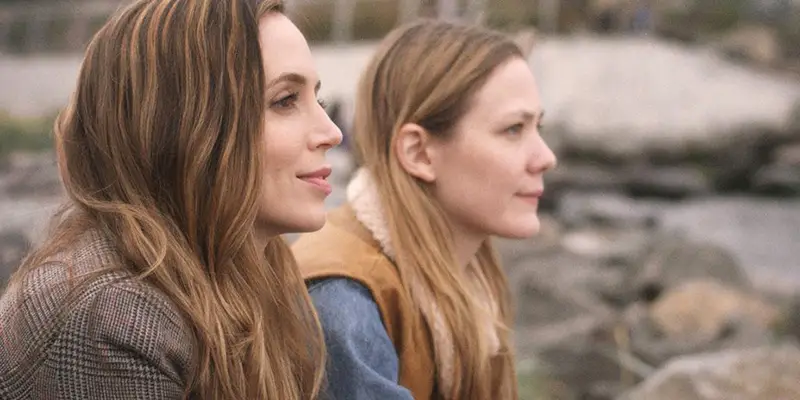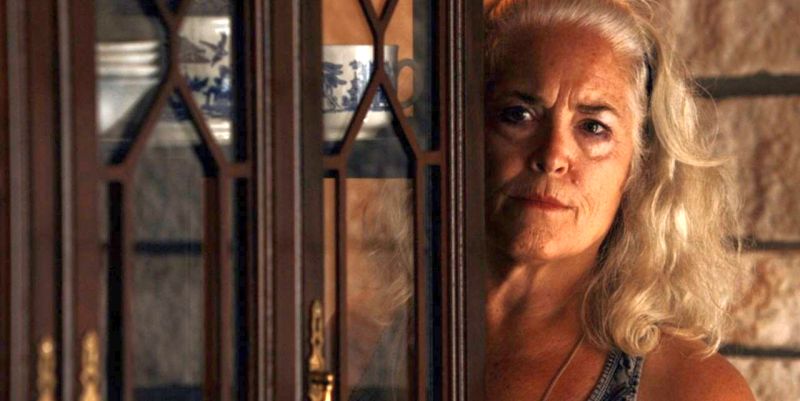comedy
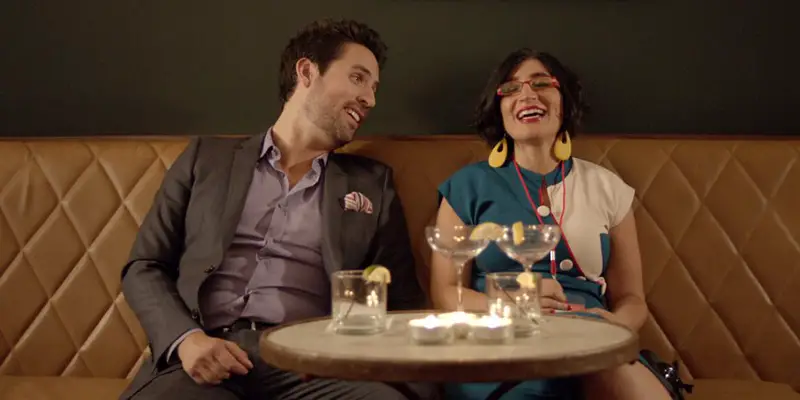
3rd Street Blackout is an independent romantic comedy written, directed by and starring Negin Farsad (as Mina) and Jeremy Redleaf (as Rudy). The film explores the trials one tech-savvy couple endures during the midst of a post hurricane blackout in an urban New York City neighborhood. It also features Ed Weeks (as Nathan Blonket) and a brief appearance by Janeane Garofalo (as June Sherman).
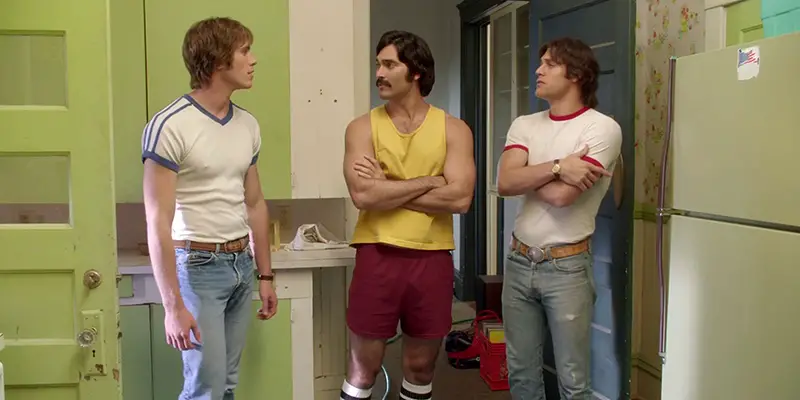
Richard Linklater may be the definitive coming-of-age filmmaker of our time, effortlessly blending John Hughes indebted stories of young people coming to grips with their own identities, with an Altman-esque ear for naturalistic dialogue. His films feel timeless, yet completely of their time – snapshots of a generation that will remain beloved when the next generation of cinephiles lay their eyes on them. A “Spiritual Sequel” His latest film, the punctuation-friendly Everybody Wants Some!!
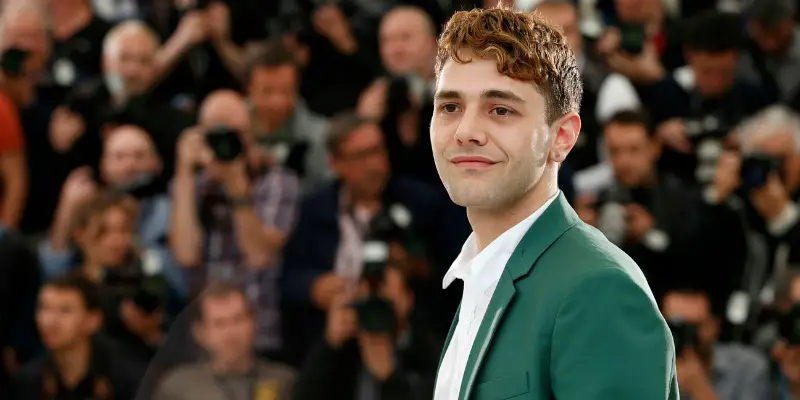
If you don’t keep up, the filmography of Québécois director Xavier Dolan could expand into an intimidating mass. He released five films between 2009 and 2014 and already has two more in the pipeline, additionally serving as writer, editor, actor, and costume designer for several of the projects. That output, along with other extraneous facts, like his young age, has drawn headlines that sadly take attention away from what is an expressive filmography.
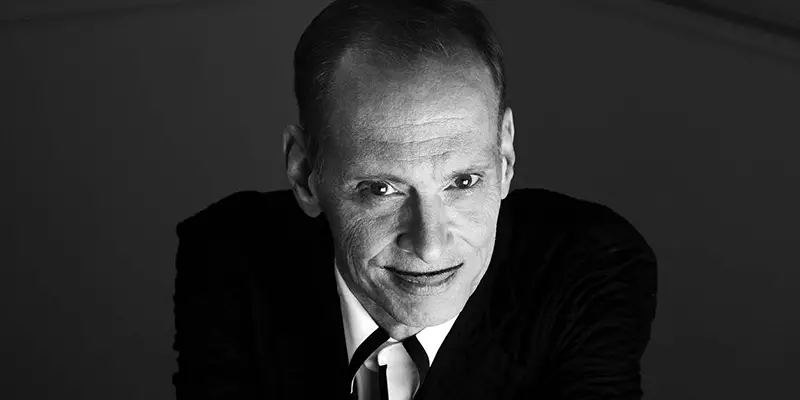
Rarely is a filmmaker as entrenched in infamy as John Waters. Born in Baltimore, Maryland in 1946, the king of counterculture became known in the 1970s for his creative collaborations with the equally infamous Divine and his gang of Dreamlanders. He began work as a director with a series of experimental short films including Hag In A Black Leather Jacket (1964) and the Andy Warhol-inspired Roman Candles (1966).
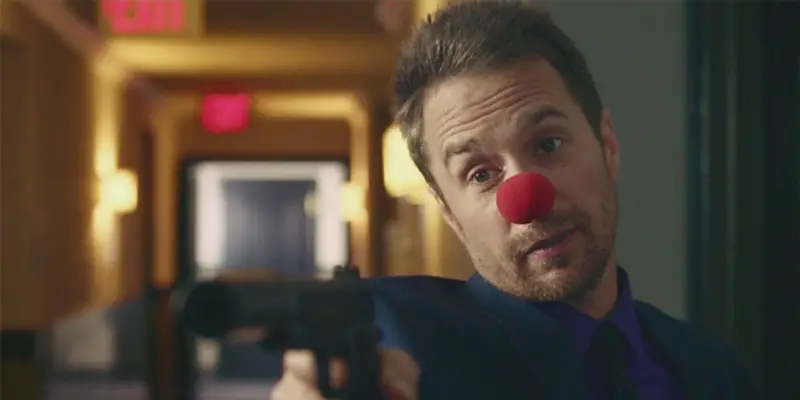
To talk about this film, you must talk about the rise and acceptance of post-modernist cinema with mainstream audiences and how this has changed the way modern genre films are tackled. To break it down, post-modernist cinema essentially is cinema that tackles ‘modern’ or traditional cinema. Post-modern cinema wants to actively point out the different film elements that make traditional cinema work, show them to you and deconstruct these cinematic codes in order to stand apart and comment on its established genre/story-telling methods that its currently indulging in.
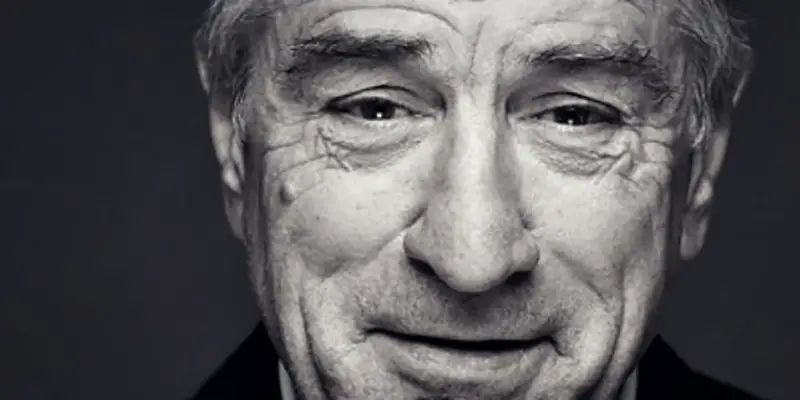
Legend is a word that is batted around pretty easily these days, but one person who is fully deserving of that title is Robert De Niro. One of the most celebrated actors of his generation, the New York born actor has ascended Hollywood’s ranks and is now considered by many to be on par with the likes of Marlon Brando. With seven Academy Awards nominations (two wins), as well as being nominated for eight Golden Globes (one win) and six BAFTAS, De Niro is held in high regard by the industry and public alike, in spite of some questionable career decisions in recent years.
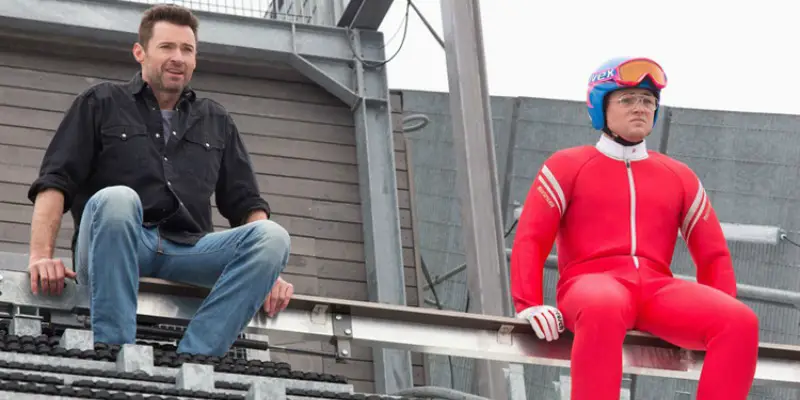
I have been following the production of Eddie The Eagle for a very long time it seems. I’m a great devotee of director Dexter Fletcher (Sunshine On Leith is excellent), I love a good sports movie, even better, I love a British underdog sports movie. Of course, if you know me or are familiar with me at all you’ll know I also absolutely adore Taron Egerton.
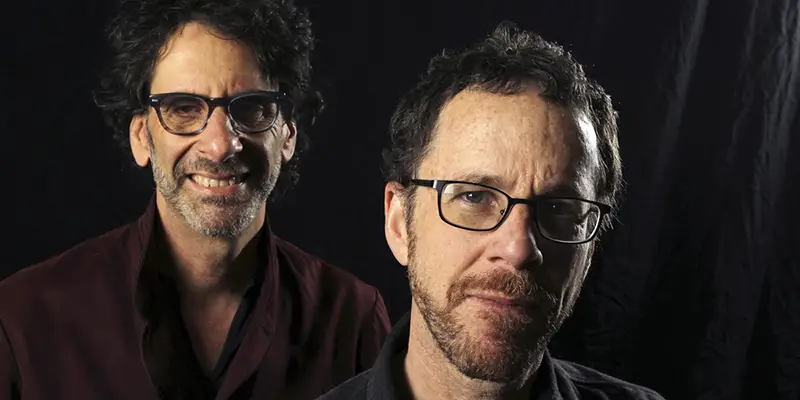
Since they first hit cinema screens in 1984, the Coen Brothers have had a firm grip on audiences and critics alike. Renowned for their idiosyncratic, high quality work, they have found themselves increasingly in demand with studios and actors, many of whom aim to make their next project a Coen Brothers film. They have written, directed and produced all of their own pictures, edited most of them, and have recently ventured into the ‘gun for hire’ realm of screenwriting, contributing to Steven Spielberg’s Bridge of Spies, Angelina Jolie’s Unbroken, Michael Hoffman’s Gambit, and George Clooney’s upcoming Suburbicon.

Zootopia is the cinematic equivalent of a Dr. Seuss novel; though mostly made for kids, it resonates with deeper and socially relevant themes. The political landscape from which this film was born is apparent almost from the start, and though at times less than subtle with its agenda, it still manages to be an incredibly witty, emotional and entertaining movie experience.
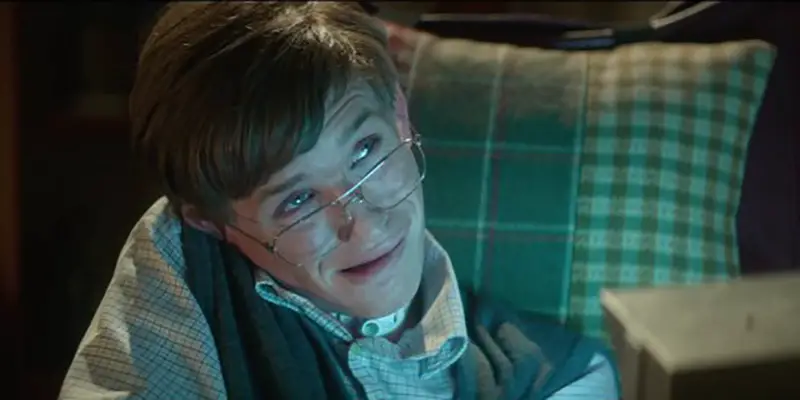
Like all social groups, people with disability have been portrayed in diverse ways in Hollywood, from stereotypical representations in horror to genuine inspirations in melodramas. Disability is represented as a metaphor through imagery or characters’ features, or as a direct subject within the narrative. The entire concept of genre is recycled from elements within society, and the relevant features of each specifically labels the disabled into a certain character type.
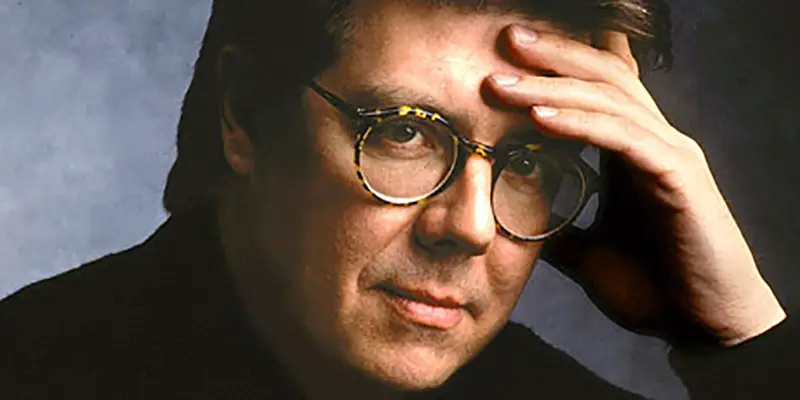
Accurately reflecting teenage experience in film is no mean feat, and there aren’t many filmmakers to achieve it like John Hughes. Born in Michigan in 1950, Hughes described himself as a “quiet kid” who loved The Beatles. Aged 12, he and his family moved to the Chicago suburb Northbrook in Illinois.
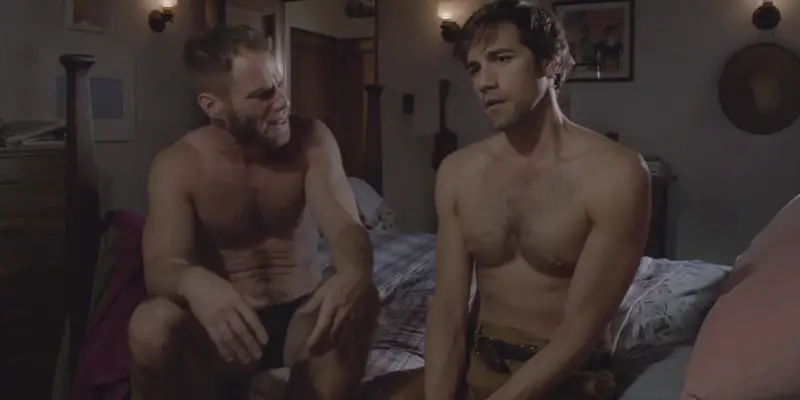
For a horror sub-genre that is frequently criticised for misogynist overtones, it is surprising how many gothic filmmakers haven’t combined the LGBT themes inherent in horror with the rampant violence of slasher film more frequently before. You’re Killing Me is a horror-comedy that puts the emphasis on the comedic elements, its many detours into slasher film never feeling either shocking or as amusing as the film around them. But it is unique for a film in this sub-genre to remove any subtext about societal fears among gay people in contemporary society and just make a straightforward horror-comedy with no deeper thematic resonance.



